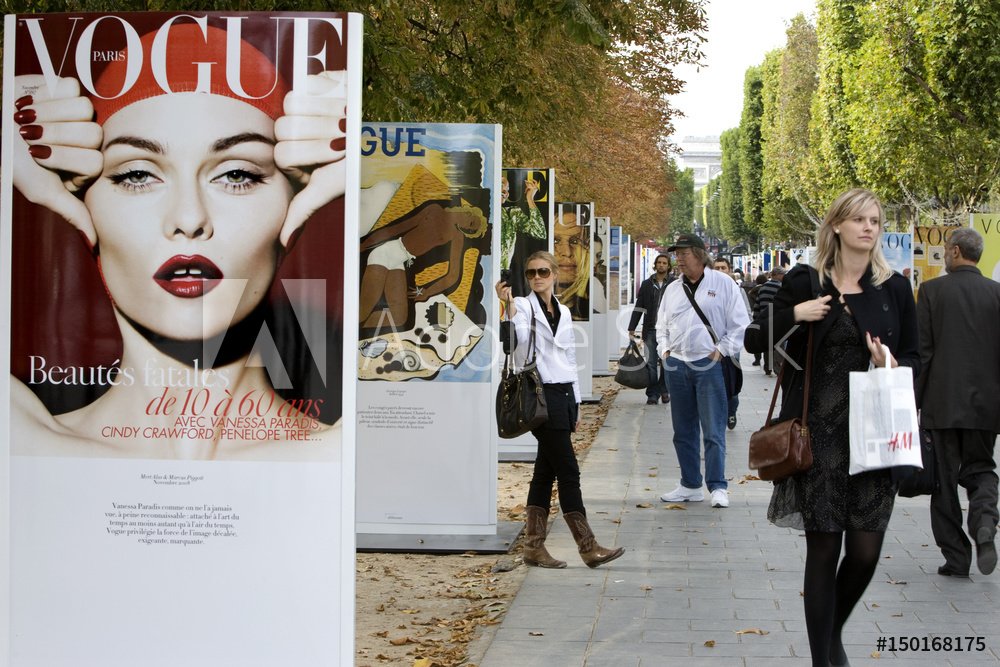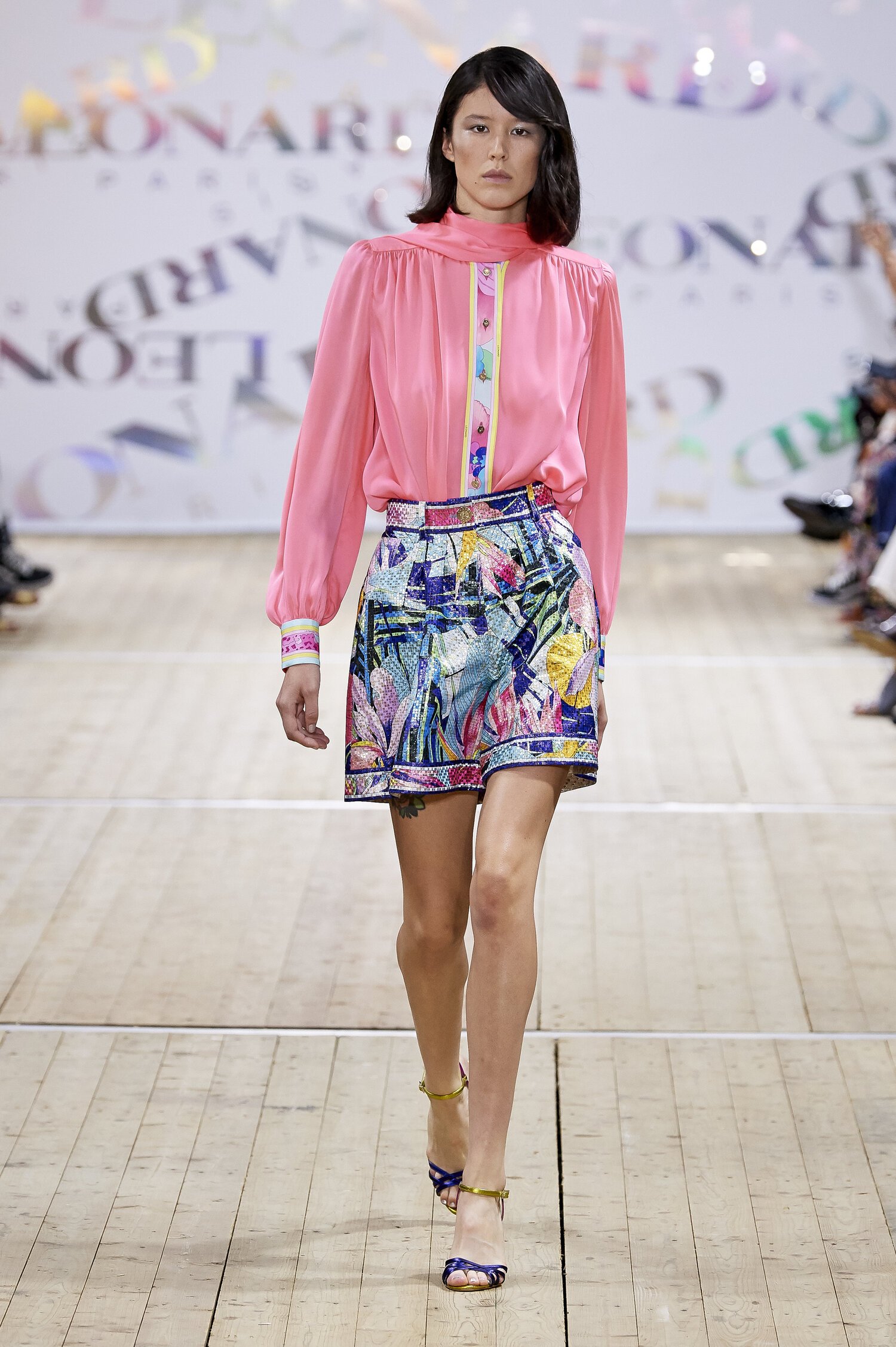Could the Fashion Industry Be more Authentic?

Photo by Cassell Ferere
Pop Culture is the entirety of attitudes, ideas, images, perspectives, and other phenomena within the mainstream media of a given culture. Over the last 20 years, we have watched actors, singers, fashion designers, and now social influencers; influence and create a generation that bridges cultural divides.
However, does pop culture effect fashion? Or fashion, does it affect pop culture?
When thinking about what colors represent pop-culture.. We will all come up with different colors. Maybe, this is because we have an idea of what pop-culture is or what it means to us as individuals. When thinking of the elements of personal style, does it make more sense that style has more to do with our own personal culture?
Everything that we believe about the world comes from something that we have seen or experience. These experience create stories about the world and ourselves; this is how our personal-culture is created. Could this mean that trends and style are more a perspective? However, until recently, we only had access to the views of influential people in the fashion industry like Tim Blanks, Hamish Bowel, and of course, Anna Wintour.
Lenard Paris 2019
There needs to be more of a balancing act in the fashion industry, Once upon a time, to be considered an influencer, followers didn’t matter, engagement did. This is because of the ability creators have to connect with people on an authentic level. Authenticity is questionable here, with influencers creating content with specific parameters set by a brands or agencies. To be authentic, we must create without boundaries; influencers have just become another way for some of the biggest brand and magazines to feed the masses subliminal content.
Fashion magazines should be unbiased and offer both side of a perspective. At Reverie we want to inspire our readers to develop their own sense of fashion and understanding of sustainability. The idea of persuading our reading to buy something is out of the question. We asspire only to inform, and to provided a conscious perspective of the fashion industry. Fashion is pop-culture; the media is not here to control the perception of style, trends, or buying habits. Fashion and culture should start with an unbiased perspective. Kali Hayes, such a brave soul, gives us another perspective on this issue. She notes in her article: “It’s apparently not a subject too many current and former editors want to discuss, as more than a dozen contacted for this article declined to comment. Some, after initially expressing interest or agreeing to speak, even backed out.” WWD Article



